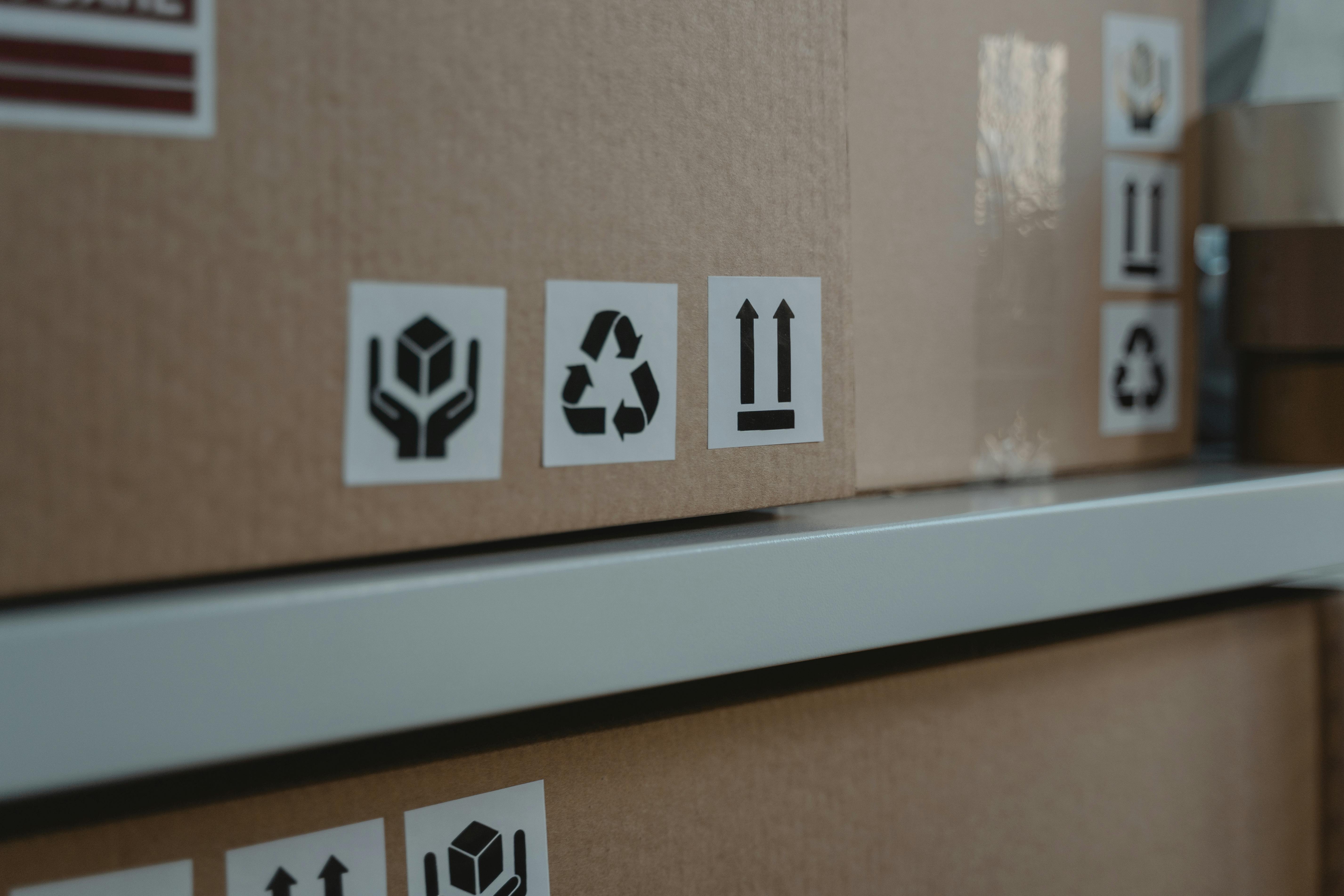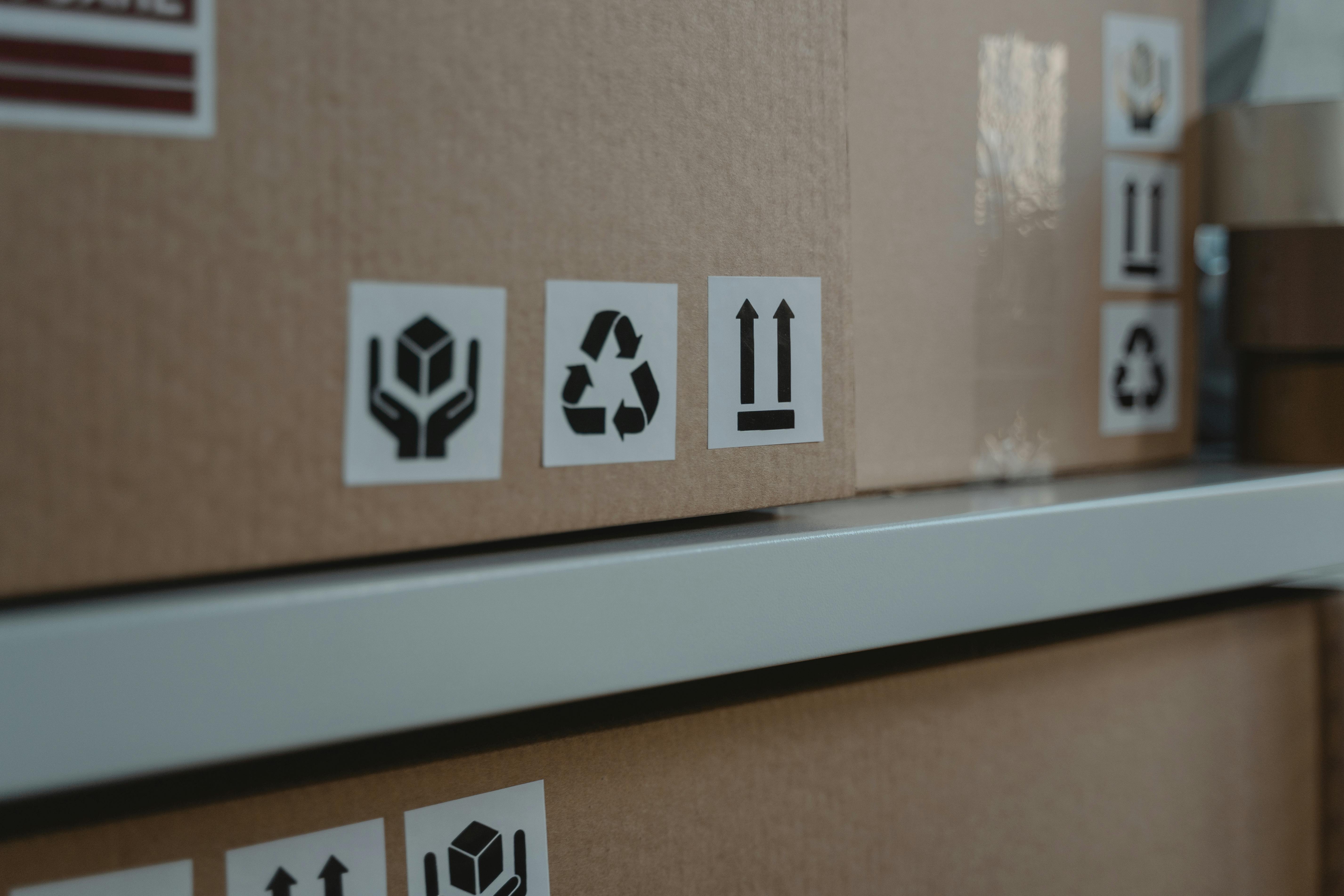As our world grapples with environmental challenges, the shift towards sustainable goods is not just a trend—it’s a necessity. This movement towards eco-friendly products not only supports a healthier planet but also offers consumers smarter, more ethical choices in their daily lives. In this article, we delve deep into the essence of sustainable goods, exploring their benefits, how you can incorporate them into your lifestyle, and why they represent the future of shopping.
- What are Sustainable Goods?
- Benefits of Sustainable Goods
- How to Choose Sustainable Goods
- Examples of Sustainable Goods
- Embracing Sustainability in Your Shopping Habits
What are Sustainable Goods?
Sustainable goods are products designed to be used and produced in a way that supports environmental, social, and economic balance. They aim to reduce ecological footprint by utilizing resources that are renewable, recycled, or upcycled and are often produced by companies committed to ethical practices. The core idea behind sustainable goods is to create a closed-loop system that minimizes waste and environmental impact.
Benefits of Sustainable Goods

Choosing sustainable goods comes with a myriad of benefits. Firstly, they reduce the strain on our natural resources, promoting the use of materials that are more easily replenished. Secondly, they often involve fair trade practices, which support better conditions and fair wages for workers around the globe. Additionally, these products can lead to healthier living environments, free from harmful chemicals and pollutants typically associated with traditional manufacturing processes.
Environmental Impact
Products like biodegradable packaging, organic textiles, and solar-powered gadgets significantly decrease the pollution and waste plaguing our planet. By investing in these products, consumers play a direct role in reducing their carbon footprint.
Social Responsibility
When you choose sustainable goods, you’re also supporting companies that are committed to ethical business practices, ensuring that workers are treated fairly and operate under safe conditions.
How to Choose Sustainable Goods
Selecting sustainable goods involves looking for certifications and labels like Fair Trade, Organic, or Energy Star. These labels help assure that the products meet strict environmental and social standards. Additionally, researching brands and their sustainability commitments can guide informed choices, ensuring that your purchases align with your values.
Examples of Sustainable Goods

From clothing made from organic cotton to furniture crafted from reclaimed wood, sustainable goods span a wide array of industries and applications. Eco-friendly cleaning products, LED light bulbs, and electric vehicles are also prime examples of how traditional products can be transformed into sustainable solutions that support both the planet and its people.
Embracing Sustainability in Your Shopping Habits
Integrating sustainable goods into your lifestyle doesn’t have to be overwhelming. Start small by replacing commonly used items with more sustainable options, such as switching to reusable shopping bags or water bottles. Educating yourself and others about the benefits of sustainability can also spread awareness and encourage broader changes in consumer behavior.
In conclusion, embracing sustainable goods is not just about making eco-friendly choices; it’s about fostering a sustainable lifestyle that benefits you, society, and the planet. As more consumers choose sustainable options, we pave the way for a healthier world. Remember, every sustainable choice counts. Start your journey towards a more sustainable lifestyle today by exploring the wide range of eco-friendly products available.
Explore the transformative power of sustainable goods! Learn how eco-friendly choices can benefit you and the planet, and how to integrate them into your lifestyle.

